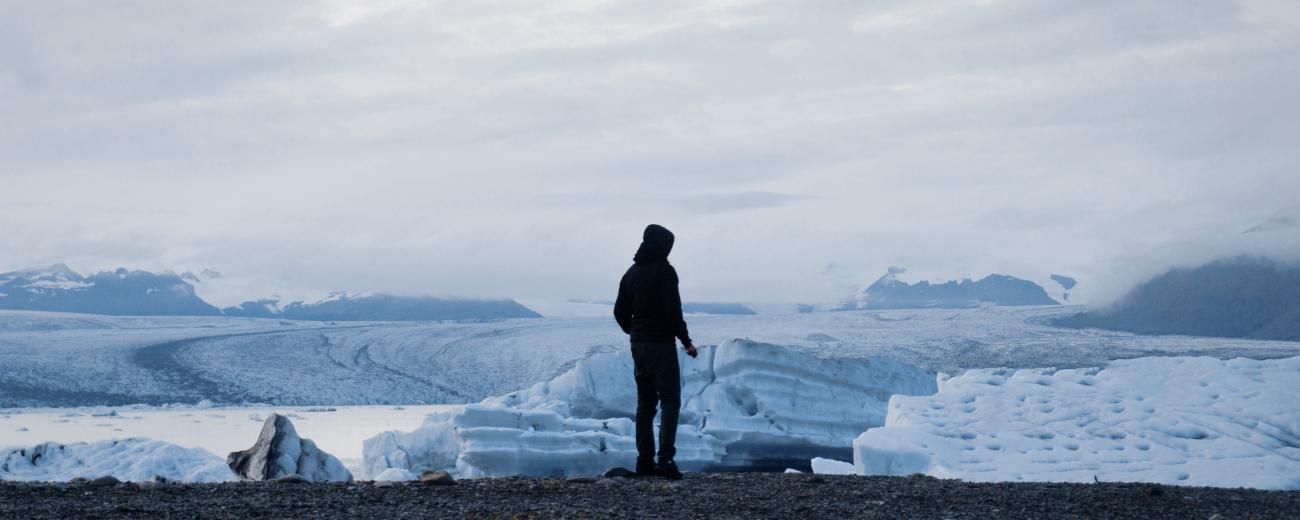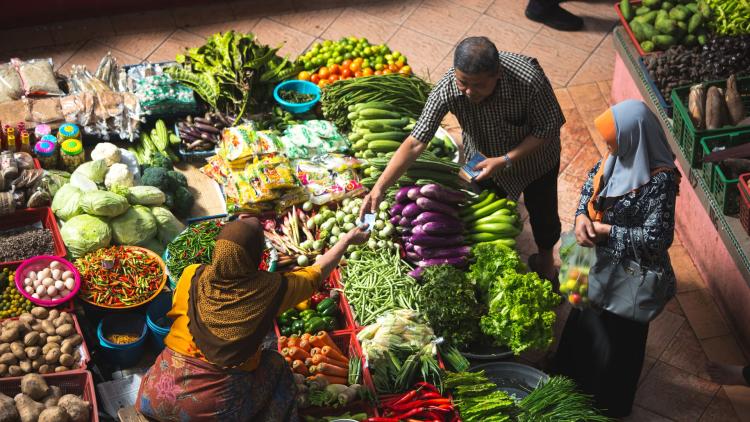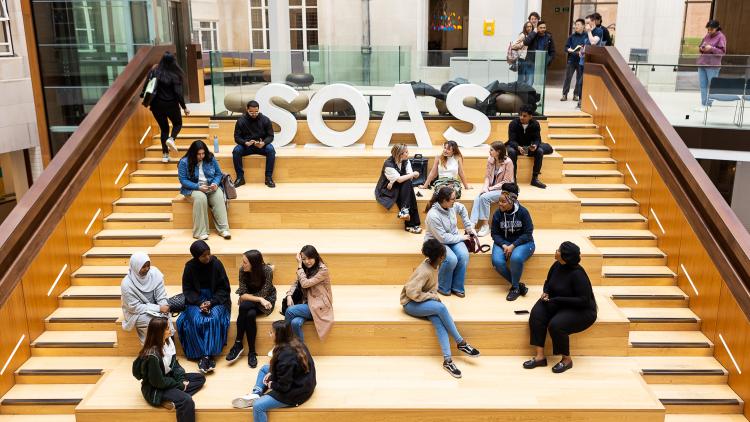Incorporating sustainability into economics teaching: how SOAS is paving the way


I believe it is fair to say that the average economics degree does not deliver what it should. In a world of a worsening climate crisis, rapid changes in the economic policy landscape, and high inequality, most undergraduate economics degrees still rely on neoclassical models with assumptions that have scarcely any real-world application.
To an important extent, mathematical formalism has led economics to be the most elitist higher education subject in the UK, as a recent report from the Royal Economic Society highlights. But most importantly for me, a quick look over curricula across universities shows how discussions on ecological issues are pushed to the margins, or are completely excluded. Thankfully, my experience at SOAS was a different one.
When I applied for my undergraduate degree at SOAS in 2018, I was convinced that politics and economics had to be understood together, so I chose to study a BA that combined both. As this was a double degree, I had to take a lot of mandatory introductory modules to meet the requirements of both departments. SOAS is known for its regional expertise in Africa, Asia and the Middle East, and this was reflected in our politics modules, as they offered a crucial post-colonial perspective. While our economics lecturers taught us neoclassical economics, they also emphasised its limitations, applying a critical lens to it and discussing alternatives, even in introductory courses. As Prof. Ha-Joon Chang recently put it in the Guardian, SOAS’ strong point is a combination of critical approaches and a commitment to applying theory to real-world situations.
By the time I was in my final year, I had started to get more interested in how our economic system interacts with the environment and chose an optional module focusing on this. Comparing myself to my friends that studied at other universities in London, having this option at a bachelor's level was quite remarkable. I also explored different economic theories in the Rethinking Economics group of SOAS and, by joining the Sustainability Working Group of the Department of Economics, I was also able to get an insight into the breadth of approaches to environmental problems.
However, my macroeconomics module made an even more profound impression on me. This was one of the most important core modules of my whole degree and I had expected it to focus on traditional topics in macroeconomics, such as economic growth and unemployment. These were discussed in depth of course but, luckily for me, we also received lectures specifically on how different economic schools of thought understood sustainability issues and how they proposed to address them. Even in lectures not focusing on this, we were encouraged to consider how climate change can affect economic processes. This introduced us to the debates around green growth and degrowth and to heterodox schools of thought, such as ecological economics, which do not get much attention in traditional curricula.
I started to understand economics as a social science that is composed of many schools of thought, which provide different valuable insights depending on their focus. Embedding this pluralist approach into a core module showed me that ecological problems can very well be placed at the centre of a rigorous economics degree, while still being able to understand mainstream economic thought. In fact, not only is it possible, but necessary to do so. My experiences in extra-curricular reading groups did expand my understanding, but I always perceived them as add-ons to my lectures. I think it is crucial to integrate ecological concerns not just through additional readings or in the form of optional modules, but as integral parts of the core curriculum. Doing so has the double advantage of training future economists to understand sustainability issues as the basis of their approaches while attracting a larger diversity of students who want to understand the world but are put off by the dominance of mainstream approaches.
I have been back at SOAS since February to write my master’s thesis for the EPOG+ Erasmus Mundus degree of which SOAS is a partner institution. Simultaneously, I am auditing a module on advanced macroeconomics, in which I am again finding the combination of macroeconomic study, real-world application, and a sincere concern for climate change that I appreciated during my bachelor's. While this might not be the case in all other core modules yet, I do observe how fellow students approach economics differently than at other universities. Encountering sustainability concerns at the centre of their degrees encourages students to not think about environmental degradation as a mere negative externality, but as an aspect that needs to be fundamental to their approaches. SOAS has made an important step in this direction and I hope this development will expand further.
Image by World Adventures via Unsplash.
About the author
Paolo Fornaroli studied Politics and Economics at SOAS, graduating in 2021. He is currently a Master’s student at the EPOG+ Erasmus Mundus degree.


